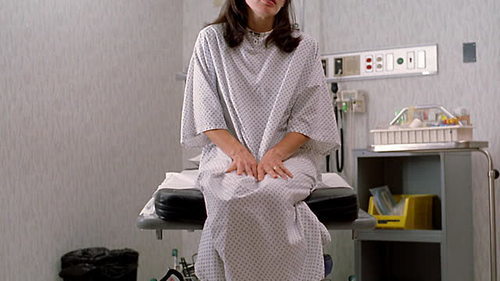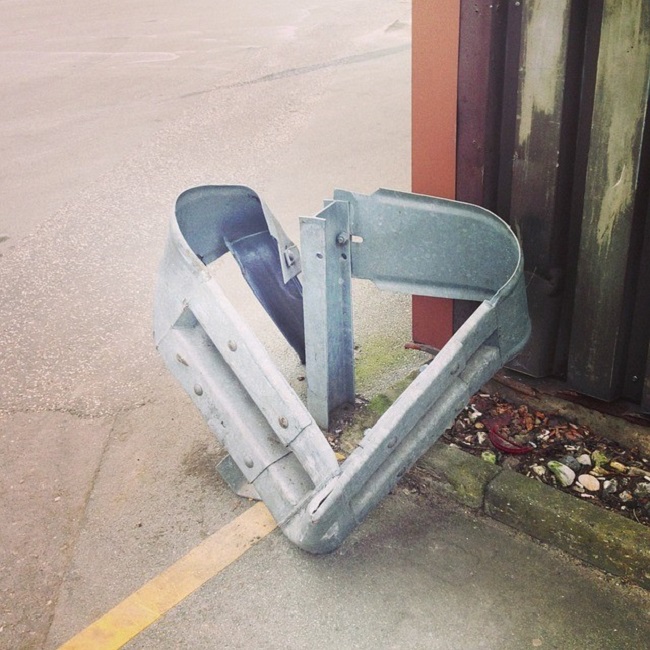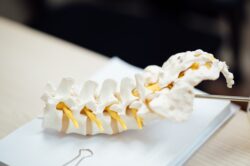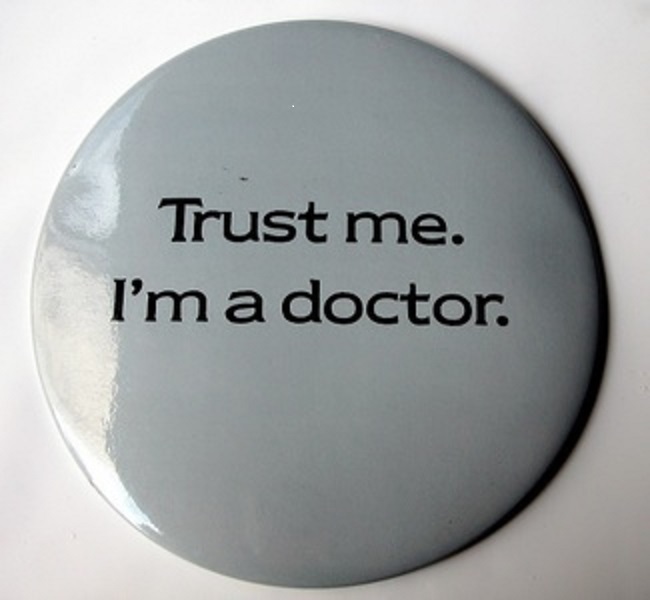In January 2015, I was referred to a gynecologist, having a small fibroid and an irregular menstrual cycle. A young female doctor entered my room asking how my baby was moving for me. After explaining that I was not here for a pregnancy checkup, she excused herself and returned a short time later. I told her about the fibroid and the irregular periods. She asked if I intended to have more children, I did not. She asked what I was currently using for birth control. I told her that I was in a relationship with someone who’d had a vasectomy and so I did not require hormonal birth control. She asked if I’d ever been on birth control. I had, after the birth of my daughter the military offered Depo Provera. I explained that it caused weight gain and possibly some depression. She then said
“if I were you, I’d choose a hysterectomy, and I’d elect the robot. Less down time, little scarring, and less than a 3% complication rate, and not to mention, no more menstrual cycle”.
My appointment was less than 10 minutes, and surgery was scheduled within a couple weeks. I took my doctor’s advice. Not until after the hysterectomy, did I understand the ramifications of that decision.
I received a call night of surgery explaining my original surgeon was no longer with the group, but this alternate one was a group partner, and had more experience and wanted to proceed. I felt a little relief. I assumed being more experienced, he’d surely looked at my medical record and felt this was the best option. Evidently, I was wrong. Both doctors even dictated that they were performing my surgery for two different reasons. I had a complete hysterectomy. The performing doctor stated he was leaving an ovary (not the case). I chose to have the complete hysterectomy. I was sure to ask why one would choose to leave an ovary, that’s one less place to develop cancer in my mind as a woman. I was told the only purpose it would serve is to prevent onset of menopause.
Only later did I find out it that a complete hysterectomy reduces lifespan and is associated with a long list of side effects. I also found out later that robotic hysterectomies have especially high rates of serious complications, many of which I am now dealing with.
Post Hysterectomy Ureter and Bladder Damage
Directly after the hysterectomy, I complained to my doctor and staff of intense pain I was having on my right side. My doctor dismissed it, only to say he had a little difficulty on my left side with my Fallopian tube being embedded in my pelvic wall. He has no concern because I had no complaints on my left. To make me feel better, he ordered a bladder scan before discharge. One was never performed.
I relentlessly called his office and went in, only to be treated as if I was seeking drugs. After suffering more than a week, an ER visit confirmed severe hydronephrosis (kidney swelling because of urine buildup). My ureter had been burned. A dye test is to be performed at the conclusion of surgery. This should have been recognized. I had a renal stent placed the next morning. After three painful renal stent placements, it was decided my ureter needed to be dissected and re-implanted. The procedure was successful, I now have permanent nerve damage in my thigh from having to stretch my bladder in order to re-implant my ureter. I also have continuous bladder spasms. The Urologist couldn’t perform my surgery through normal technique due to all the adhesions from the robotic surgery. He had to “approach from behind and essentially attach by feel”. I’m grateful for the success, and now have function.
In addition to the issues with my ureter and bladder, I have continuously had treatment for other damages caused by my unnecessary hysterectomy. I have injury to my right diaphragm, causing me pain daily and making it extremely difficult to perform in some areas of my schooling in cosmetology. Remember the minor difficulty with my fallopian tube? I’ve had two pressure tests confirming damage to my pelvic wall with loss of muscle function in my colon. I will need a permanent colostomy in my future.
No Legal Representation Available
In my impossible search to secure legal representation, I’m finding even more negligence, not being given less evasive options is the most obvious. My original doctor is suing the group she was employed by while I was under her care, for being pressured to treat an overload of cases and generate revenue in efforts to become a partner.
No attorney/medical professional denies my injuries from negligence. “It boils down to informed consent, and in the state of Iowa, these cases don’t favor the Plaintiff”
To summarize: my case isn’t favorable to profit an attorney enough to their liking, and these medical professionals we blindly put our faith in, not only for our own health, but our loved ones, sleep well at night with no regard of the debilitating impact on my everyday life, and future. I’m thankful to those medical professionals who acknowledge these wrongdoings, and make improving my well-being their focus.
Shame on the doctors who forget their oath to do no harm by doing unnecessary major surgeries for advancement, or to increase revenue.
And shame on the attorneys who choose not to defend obvious victims because they don’t accept challenges, and their pockets aren’t guaranteed to be easily lined.
We Need Your Help
Hormones Matter needs funding now. Our research funding was cut recently and because of our commitment to independent health research and journalism unbiased by commercial interests, we allow minimal advertising on the site. That means all funding must come from you, our readers. Don’t let Hormones Matter die.









